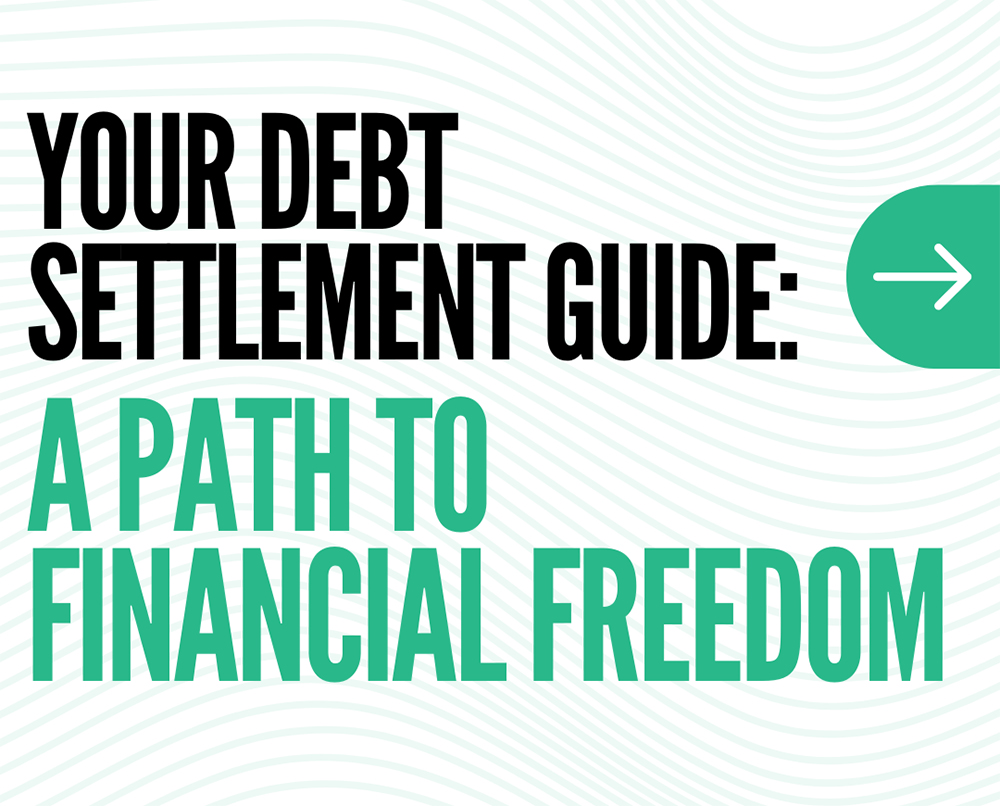
Your Debt Settlement Guide: A Path to Financial Freedom
Debt settlement is a powerful financial strategy that can provide individuals and families with a lifeline out of the burden of unmanageable debt. If you’re struggling with credit card debt, medical bills, or other unsecured debts, this guide is your roadmap to understanding debt settlement, its benefits, and how to navigate the process successfully.
What Is Debt Settlement?
Debt settlement, also known as debt negotiation or debt relief, is a method of reducing the total amount of debt you owe to creditors. It involves negotiating with your creditors to reach an agreement to settle your debt for a lower amount than the original balance. This approach can provide significant savings and help you escape the cycle of debt.
Why Choose Debt Settlement?
Debt settlement can be an attractive option for individuals facing financial hardship. Here are some of the key reasons to consider it:
1. Debt Reduction
The primary advantage of debt settlement is the reduction in your overall debt amount. Through negotiations, you may be able to settle your debt for significantly less than the original balance, leading to substantial savings.
2. Financial Relief
Unmanageable debt can be incredibly stressful. Debt settlement provides relief from the weight of debt and can help improve your overall well-being.
3. Structured Repayment
Debt settlement creates a structured repayment plan, making it easier to manage your finances. You’ll have a clear path to becoming debt-free.
4. Avoiding Bankruptcy
Debt settlement is an alternative to bankruptcy. While bankruptcy has its place, it comes with significant consequences, including a negative impact on your credit score. Debt settlement can provide relief without the long-term drawbacks of bankruptcy.
How Does Debt Settlement Work?
Understanding the debt settlement process is essential to make informed decisions. Here’s a step-by-step guide:
1. Financial Assessment
The journey begins with a comprehensive financial assessment. You’ll evaluate your debts, income, expenses, and financial goals. This step helps you determine if debt settlement is the right strategy for your situation.
2. Choosing a Debt Settlement Company
If you decide to pursue debt settlement, it’s essential to choose a reputable debt settlement company. Look for a company with a proven track record and transparent fees.
3. Creating a Dedicated Account
Once you enroll in a debt settlement program, you’ll open a dedicated account. You’ll make monthly payments into this account, which the debt settlement company will use to negotiate with your creditors.
4. Negotiating with Creditors
The heart of debt settlement is negotiation. The debt settlement company will communicate with your creditors to reach agreements to settle your debts for less than the original balance.
5. Debt Resolution
As funds accumulate in your dedicated account, the debt settlement company will begin resolving your debts with your creditors. This process may take several months to complete.
6. Becoming Debt-Free
Once all your debts are resolved, you’ll be debt-free in the specific areas covered by the settlement.
Is Debt Settlement Right for You?
Debt settlement is not a one-size-fits-all solution. It’s essential to assess whether it’s the right choice for your unique financial situation. Debt settlement may be right for you if:
- You’re struggling with unsecured debts, such as credit card debt or medical bills.
- You’re unable to pay off your debts in full due to financial hardship.
- You’re prepared to accept a temporary negative impact on your credit score for long-term debt relief.
- However, it’s crucial to consult with a debt settlement expert or financial counselor to ensure it’s the best strategy for your specific needs.
The Impact on Your Credit Score
One common concern about debt settlement is its effect on your credit score. It’s true that debt settlement can lead to a temporary drop in your credit score. During the negotiation process, you may stop making payments on your debts, which can negatively affect your credit history.
However, once you complete the debt settlement process and your debts are resolved, you can begin rebuilding your credit. Over time, your credit score can recover, and you can take steps to improve your financial standing.
Working with a Debt Settlement Company
While some individuals choose to negotiate debt settlement on their own, working with a reputable debt settlement company is often advisable. Debt settlement can be complex, and success is not guaranteed when negotiating with creditors.
Here’s what to consider when selecting a debt settlement company:
- Reputation: Choose a company with a proven track record and positive customer reviews.
- Fees: Understand the fee structure and costs associated with their services.
- Transparency: Ensure the company is transparent about their process and communication.
Working with a trusted debt settlement company can make the process smoother and increase the likelihood of successful negotiations.
The Bottom Line
Debt settlement is a powerful strategy for those struggling with unsecured debts. It offers the opportunity to reduce your debt load, find financial relief, and create a structured path to becoming debt-free. If you’re considering debt settlement, it’s vital to assess your unique financial circumstances and consult with experts who can guide you through the process.
Remember that every individual’s financial situation is unique, and the right solution for one person may not be the best for another. The key is to choose the path that aligns with your goals and provides long-term financial relief.
Debt settlement is not a quick fix, but it can be a lifeline to financial freedom. With the right guidance and dedication, you can regain control over your finances and work towards a debt-free future.


